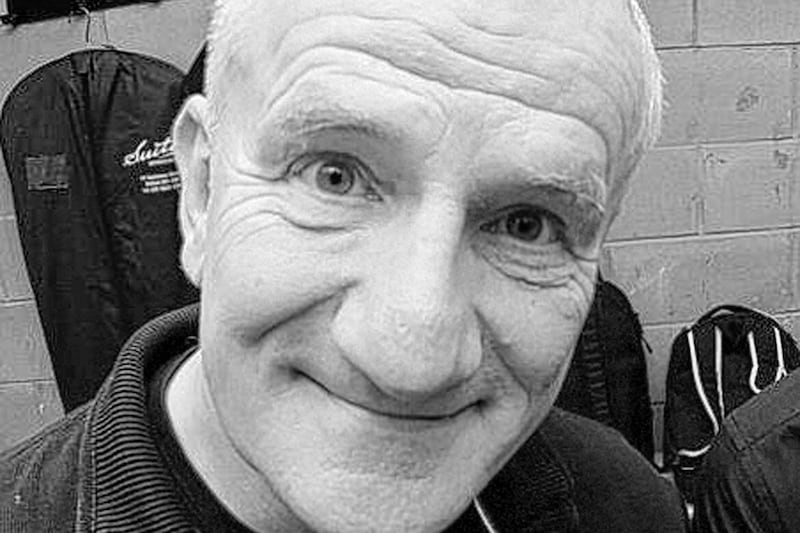WE LIVE in a country almost unique in the western world in that we have yet to sanitise death to the point of invisibility.
In most developed countries, relatives usually see their departed for the last time in the hospital – from there, the modern mechanised death industry efficiently boxes and dispatches the dead to either grave or crematorium.
They say to die without regrets is proof of a life well-lived. Being Irish, this is an impossible task, as we all die with at least one regret – namely, the fact we'll miss our own wake.
In Ireland, the traditional wake defiantly, and – in my view – gloriously, lives on. We take our dead home, where family, friends, enemies and neighbours gather to offer a goodbye to the departed, and hopefully some comfort to grieving relatives.
From what I've observed, the Irish wake isn't just surviving, it's thriving. Seldom do I drive in the country and not see road signs to a local wake house. Most visitors attend at night, to be greeted by neon-coated stewards directing them to a floodlit field turned into a car park.
From there, they join a conga line of visitors snaking its way to the wake house. Upon entering, the hands of family members are firmly grasped and age-old phrases repeated: 'Sorry for your loss' or 'Condolences'. Then the coffin is approached where, if Catholic, a Mass card is deposited; if Protestant, a sympathy card. After a short mumbled prayer, mourners shuffle off for the obligatory cup of tea and egg-and-onion sandwich.
Written down, this sounds both twee and antiquated, but the sanity of this tradition is beyond measure. The intervening few days of a wake allows family members in foreign parts time to return home. More importantly, this short period between death and burial fulfils an essential psychological function, giving grieving relatives time for the finality of their loss to be emotionally processed, while surrounded by supportive family and friends.
The survival of the traditional Irish wake in the face of modernity isn't the first time it has surmounted adversity. For centuries, the Catholic Church made concerted attempts to do away with wakes, viewing them more a celebration than commemoration. Stories of ribald wakes were common in the 19th century, when the heady mix of grief, poteen and music often ended up appearing more a party than a sombre funeral.
Such devilment thankfully lives on. Last week mourners at a Dublin funeral were shocked when the deceased was heard to shout from his coffin. Cursing, he demanded to be let out as he was being lowered into his grave. The sound, of course, was a recording arranged by the dead man as an elaborate prank. While some viewed this as uncouth I'd argue it exemplifies our cultural irreverence for the Grim Reaper.
But while the wake should be treasured as a tradition, other facets of modern death are less attractive. Over the last few decades, the unregulated funeral industry has hiked prices and indulged in pressurised selling techniques, pushing the expense of an average funeral upwards of £4,000, with the total cost of dying estimated to be £8,000.
Not surprisingly, £8,000 for a funeral is beyond the budget of most families, yet they pay it, fearing that not to do so would be letting down the memory of their loved one. Many subsequently spend years struggling to pay off this debt.
With funerals doubling in cost since tracking began in 2004, the competition regulator launched an investigation into the £2 billion-a-year funeral market. The Treasury is also investigating the sector for bad practice now that 1.3 million people in the UK opt for a pre-paid funeral.
Many others, concerned about how expensive funerals have become, invest in funeral plan insurance. Where once we took out life insurance to provide for our families after death, today we need death insurance so our families can afford to bury us once we're dead.
Maybe it's time we refocused on what's really important when a loved one dies. It certainly isn't an expensive coffin, a fancy hearse, or how many floral wreaths are on a grave. What's important is celebrating the life lived and the memories which remain, hopefully of the love and happiness the deceased brought to those they knew when alive.
So, let's ensure the traditional Irish way of dying survives and dump the expensive and unnecessary frippery which now surrounds death. For while death is inevitable, the debt it now entails is not.










